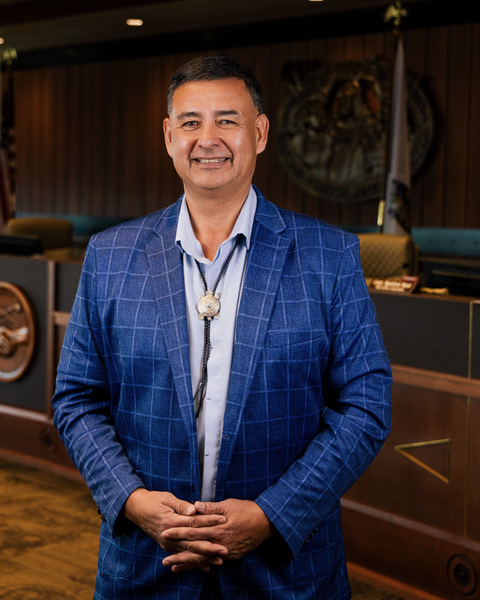Leaders aim to tune how allegations of legislator misbehavior are handled Unprecedented member expulsion exposed ‘gap’ By Brayden Zenker, NDNAEF BISMARCK – The recent expulsion of former Rep. Luke Simons has...
Menu

Leaders aim to tune how allegations of legislator misbehavior are handled Unprecedented member expulsion exposed ‘gap’ By Brayden Zenker, NDNAEF BISMARCK – The recent expulsion of former Rep. Luke Simons has...